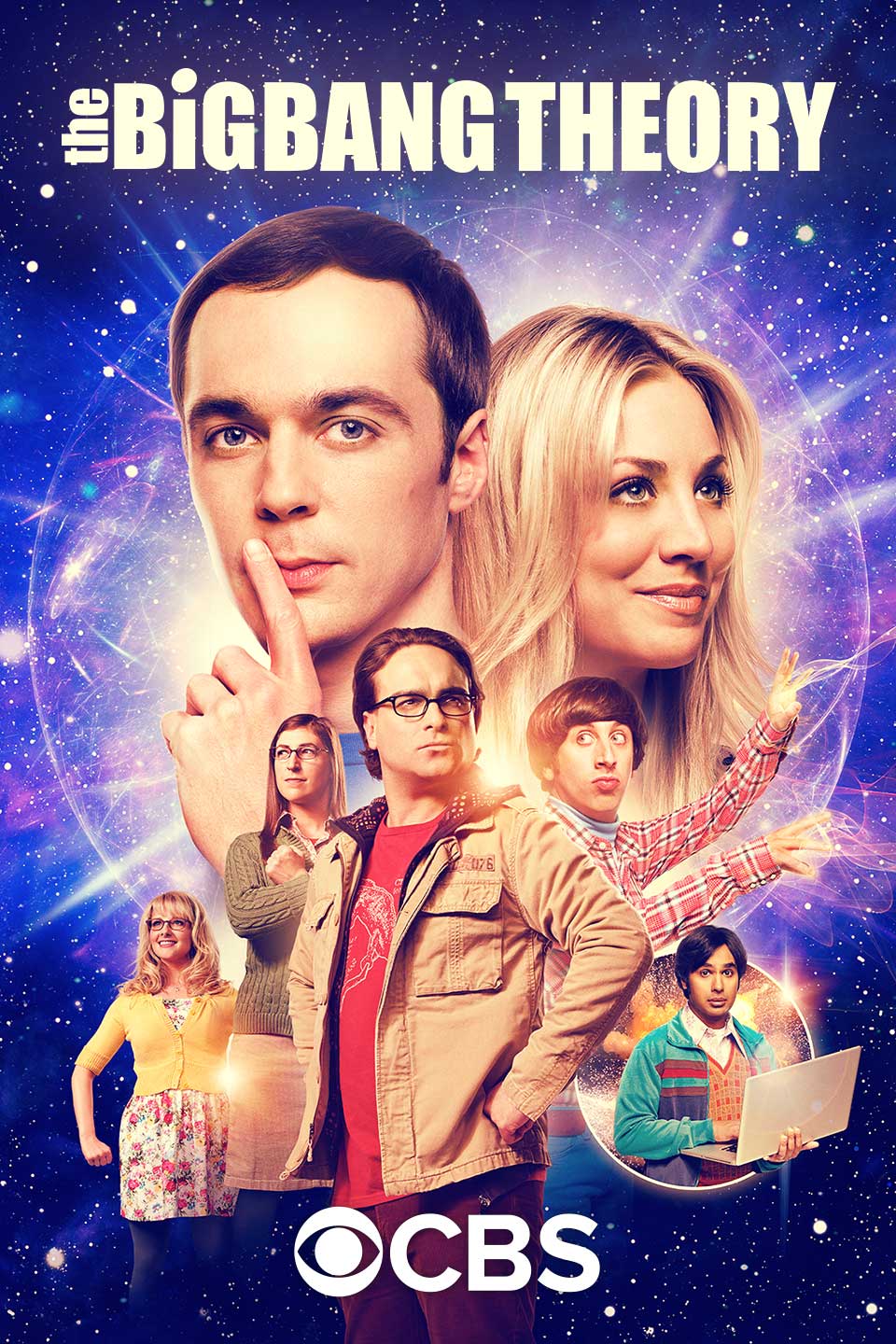“The Big Bang Theory,” a beloved American television sitcom that aired from 2007 to 2019, captivated audiences with its blend of comedy, geek culture, and endearing characters. Created by Chuck Lorre and Bill Prady, the series followed the lives of a group of socially awkward scientists and their interactions with each other and the world around them. With its witty humor, pop culture references, and exploration of relationships and personal growth, “The Big Bang Theory” became a cultural phenomenon and one of the most successful sitcoms in television history.
1. Origin and Development
- Creation: Chuck Lorre and Bill Prady developed “The Big Bang Theory” based on their own experiences and interests in geek culture and science.
- Premiere: The pilot episode aired on September 24, 2007, introducing viewers to the main characters and setting the stage for the series’ unique blend of humor and heart.
2. Main Characters
- Johnny Galecki as Leonard Hofstadter: A brilliant experimental physicist with a shy and socially awkward demeanor, known for his on-again, off-again relationship with Penny.
- Jim Parsons as Dr. Sheldon Cooper: A theoretical physicist with an eidetic memory and obsessive-compulsive tendencies, known for his lack of social skills and iconic catchphrase, “Bazinga!”
- Kaley Cuoco as Penny: The aspiring actress and waitress who lives across the hall from Leonard and Sheldon, known for her street smarts and charm.
- Simon Helberg as Howard Wolowitz: An aerospace engineer with a penchant for imitating celebrities and an overbearing mother.
- Kunal Nayyar as Dr. Rajesh “Raj” Koothrappali: An astrophysicist who initially suffers from selective mutism around women, later developing into a lovable and eccentric character.
3. Themes and Humor
- Geek Culture: “The Big Bang Theory” celebrated geek culture, with references to comic books, science fiction, video games, and other elements beloved by fans.
- Relationships: The series explored various relationships, from friendships to romantic entanglements, highlighting the characters’ personal growth and development.
4. Impact and Legacy
- Viewer Ratings: “The Big Bang Theory” consistently ranked among the top-rated shows, attracting millions of viewers each week.
- Popularity: The show’s popularity extended beyond television, influencing fashion, merchandise, and conventions dedicated to its fanbase.
5. Episodes and Storylines
- Memorable Episodes: Notable episodes include “The Bath Item Gift Hypothesis,” where Sheldon struggles to find the perfect Christmas gift for Penny, and “The Opening Night Excitation,” where Sheldon and Amy consummate their relationship.
6. Cultural Influence
- Catchphrases and Iconic Moments: The series introduced popular catchphrases like “Bazinga!” and featured memorable moments that became cultural touchstones.
- Celebrity Cameos: “The Big Bang Theory” featured guest appearances from celebrities and scientists, further cementing its place in pop culture.
7. Production and Filming
- Live Audience: Episodes were filmed in front of a live studio audience, enhancing the comedic timing and audience interaction.
8. Awards and Recognition
- Emmy Awards: “The Big Bang Theory” received multiple Emmy Awards and nominations, recognizing its writing, acting, and contribution to television.
9. Fanbase and Community
- Dedicated Fanbase: The show developed a dedicated fanbase, with fan clubs, online forums, and fan conventions celebrating its characters and themes.
- Global Appeal: “The Big Bang Theory” gained popularity internationally, reaching audiences around the world through syndication and streaming platforms.
10. Final Season and Legacy
- Series Finale: The series concluded with its twelfth season in 2019, bidding farewell to its characters and leaving a lasting legacy in television history.
- Impact on TV Landscape: “The Big Bang Theory” influenced subsequent sitcoms and continued to be celebrated for its humor, diversity, and representation of geek culture.
Conclusion
“The Big Bang Theory” remains a beloved and influential television series that entertained audiences with its humor, intelligence, and heart. Through its memorable characters, witty dialogue, and exploration of relationships, the show became a cultural phenomenon and left a lasting legacy in television history. As a testament to its impact, “The Big Bang Theory” continues to be celebrated for its contributions to pop culture, representation of geek culture, and enduring appeal to audiences of all ages. Whether revisiting classic episodes or discovering the series for the first time, fans continue to appreciate the humor and warmth that made “The Big Bang Theory” a standout in the world of television sitcoms.
